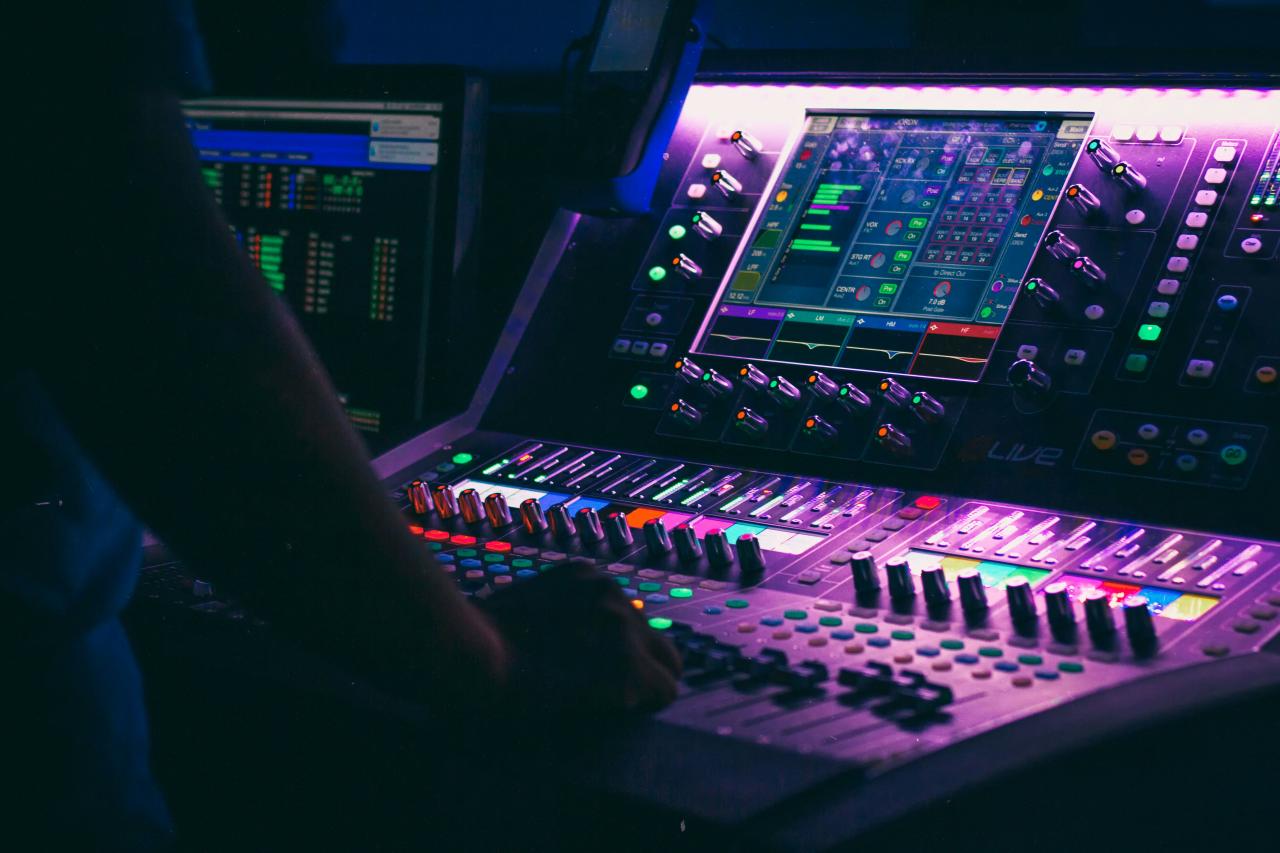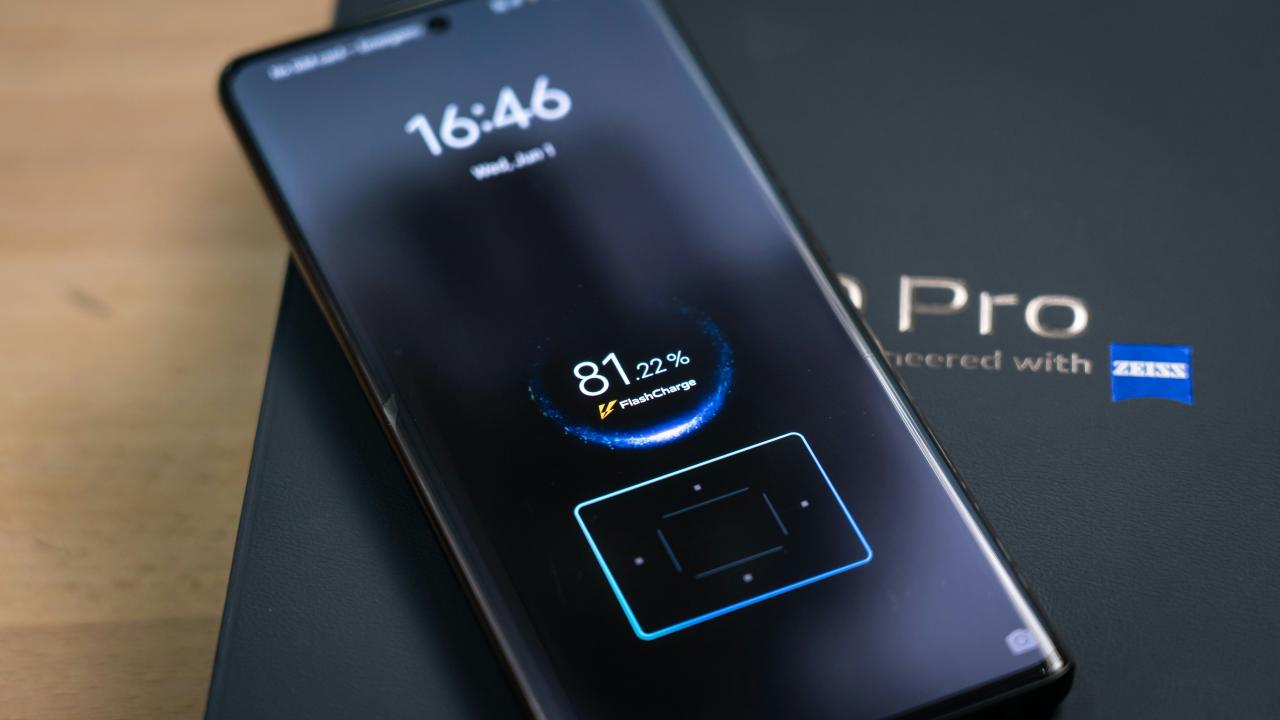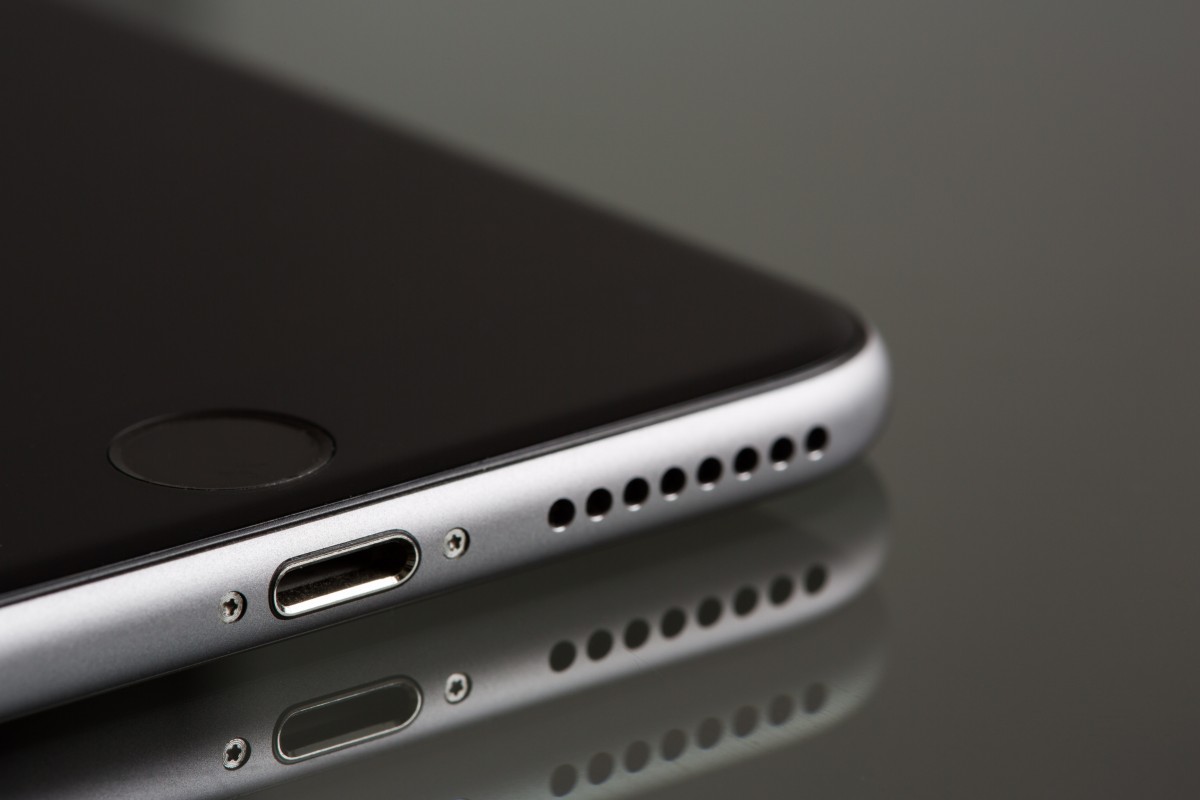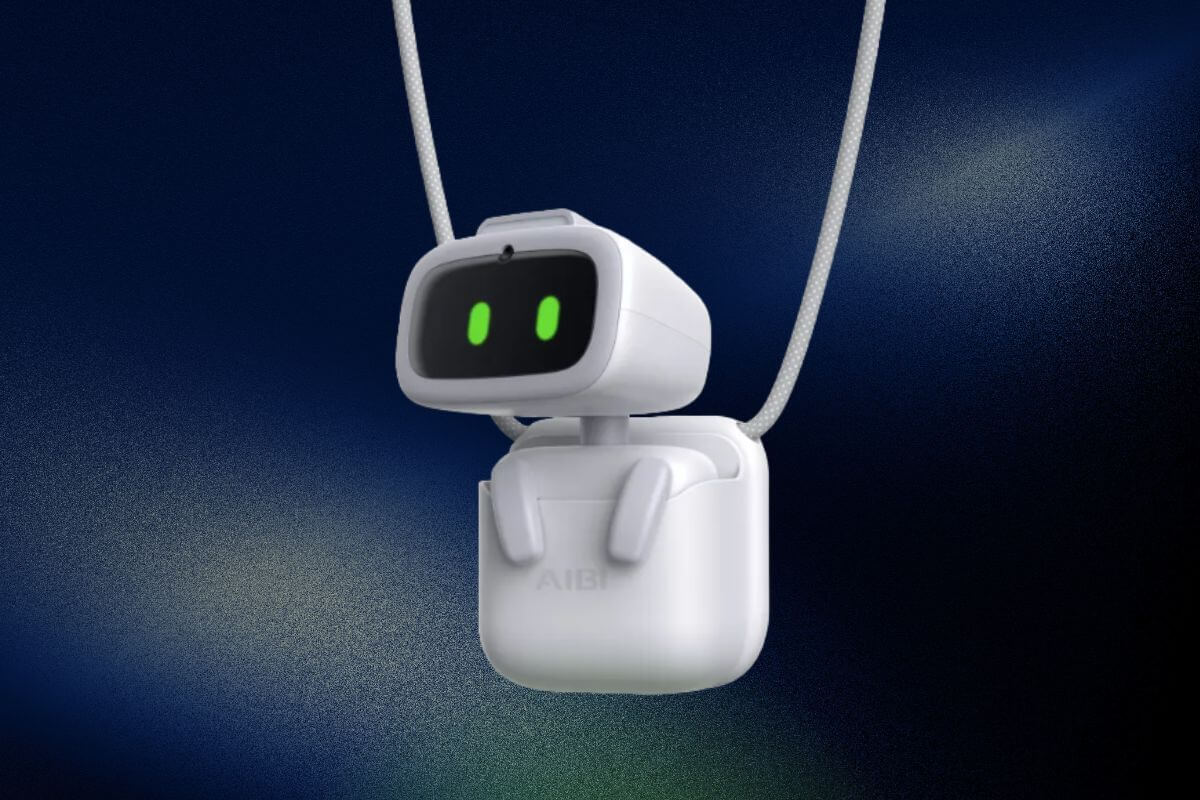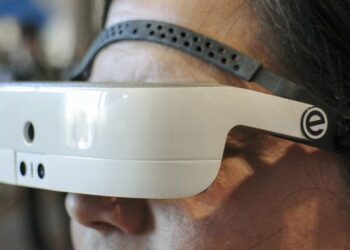In the modern academic landscape, technology is not just a luxury; it’s an indispensable tool for learning, collaboration, and organization. For today’s students, having the right technological arsenal can be the difference between struggling to keep up and excelling in their studies. The rapid pace of innovation means that new gadgets and software emerge constantly, each promising to enhance the educational experience. Navigating this vast sea of options can be daunting, but a curated selection of essential tech can streamline a student’s life, from the classroom to the dorm room and beyond. This guide will explore the top tech must-haves for students, breaking down why each item is critical and how it can contribute to a more efficient and successful academic journey.
The Foundation
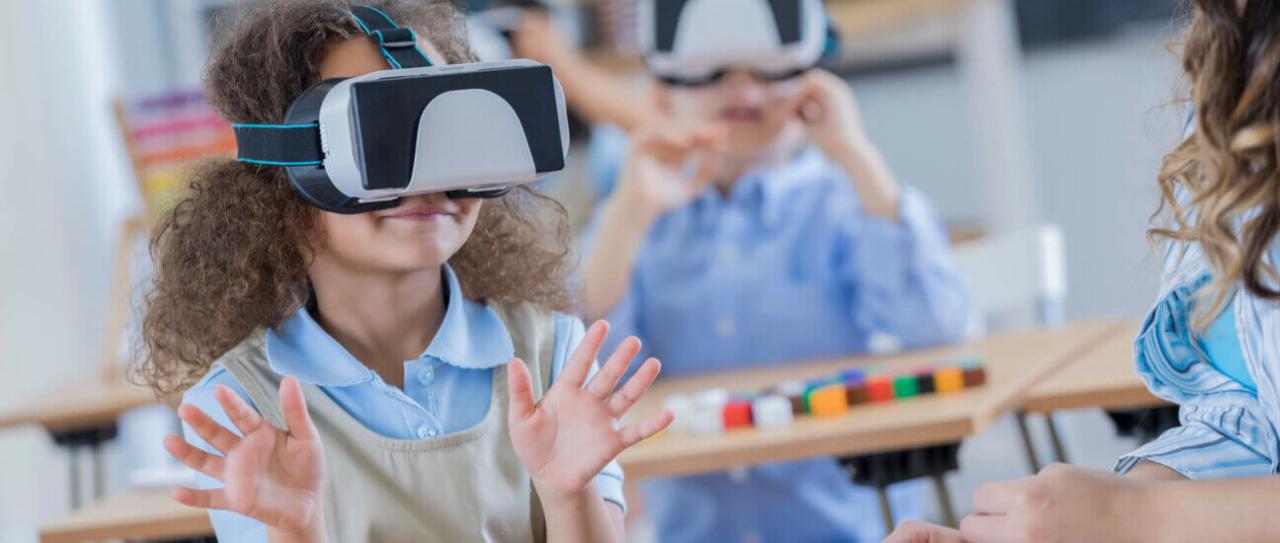
A reliable computing device is the cornerstone of a student’s tech setup. The choice between a laptop and a tablet depends heavily on a student’s field of study and personal preferences.
- 1. Laptops: A good laptop offers a full-featured operating system, a physical keyboard, and the processing power needed for demanding tasks.
- A. Portability and Battery Life: For students on the go, a lightweight ultrabook with a long-lasting battery is a game-changer. They can take notes, work on assignments in the library, or participate in online classes without constantly searching for a power outlet.
- B. Performance and Storage: Students in STEM fields, graphic design, or video production require laptops with powerful processors, ample RAM, and dedicated graphics cards to run resource-intensive software. For most students, a mid-range model with a fast SSD (Solid-State Drive) for storage is more than sufficient for everyday tasks like word processing and web browsing.
- C. Operating Systems: The choice between Windows, macOS, and ChromeOS often comes down to personal preference and software compatibility. Windows offers the widest range of software and hardware options, macOS is popular for its user-friendly interface and creative software, and ChromeOS provides a simple, cloud-centric experience ideal for light tasks.
- 2. Tablets and 2-in-1 Devices: Tablets, particularly those with stylus support and attachable keyboards, have become powerful alternatives to traditional laptops.
- A. Note-Taking and Annotation: With a stylus, tablets like the iPad or Microsoft Surface are perfect for digital note-taking, sketching diagrams, and annotating PDFs. This makes studying more interactive and organized, as all notes are stored digitally and can be easily backed up.
- B. Portability and Versatility: Tablets are incredibly lightweight and easy to carry, making them ideal for quick access to readings, presentations, and communication tools. A 2-in-1 device combines the best of both worlds, functioning as a tablet for media consumption and a laptop for productivity.
The Peripherals
A student’s tech setup extends beyond the primary computing device. Strategic peripherals can significantly improve comfort, productivity, and focus.
- 1. Noise-Canceling Headphones: In a bustling dorm room, a busy coffee shop, or a crowded library, focus is a precious commodity. High-quality noise-canceling headphones are a lifesaver, blocking out distractions and creating a personal bubble for concentration. They are also essential for online lectures and video calls, ensuring clear audio and reducing background noise for others.
- 2. Portable External Hard Drive: With an increasing amount of digital content—from research papers to multimedia projects—reliable data storage is crucial. An external hard drive provides a secure and portable backup solution, protecting against data loss in case of device failure. Opting for an SSD version offers faster transfer speeds and greater durability.
- 3. Power Bank: A dead battery can derail a productive study session. A compact, high-capacity power bank ensures that a student’s essential devices—from their smartphone to their tablet—remain charged throughout the day, even without access to a wall outlet.
- 4. Ergonomic Mouse and Keyboard: For students who spend long hours typing papers or coding, an ergonomic mouse and keyboard can prevent discomfort and repetitive strain injuries. These peripherals improve posture and workflow, making extended study sessions more manageable.
The Software Suite

Hardware is only as good as the software that runs on it. The right applications can transform a student’s workflow.
- 1. Productivity Suites: A comprehensive productivity suite is non-negotiable. Microsoft 365 and Google Workspace are the industry standards, offering word processing, spreadsheet, and presentation software. Many universities provide free or discounted access to these tools, which also include cloud storage for easy file synchronization and collaboration.
- 2. Note-Taking and Organization Apps: Digital note-taking apps like Notion, Evernote, or OneNote are indispensable. They allow students to create, organize, and search their notes, integrate multimedia content, and sync across all devices. Apps like Todoist or Trello are excellent for managing assignments and project deadlines.
- 3. Cloud Storage Services: Secure and accessible cloud storage is essential for modern students. Services like Google Drive, Dropbox, and OneDrive ensure that all files are backed up, easily shareable, and accessible from any device with an internet connection. This is particularly useful for group projects and collaborative work.
- 4. Citation and Plagiarism Tools: Academic integrity is paramount. Tools like Grammarly and citation managers such as Zotero or Mendeley are invaluable for ensuring proper grammar, style, and accurate citations. They help students avoid accidental plagiarism and streamline the research and writing process.
The Smart Essentials
Certain smart gadgets can further enhance a student’s daily life, bringing convenience and efficiency.
- 1. Smart Speaker: A smart speaker can be a great study companion, from setting timers and alarms to playing ambient study music or answering quick questions without the need to pick up a phone.
- 2. Portable Monitor: For students who need more screen real estate for coding, graphic design, or multitasking, a lightweight, portable monitor is a game-changer. It can be easily connected to a laptop via a single cable, creating a dual-screen setup on the go.
- 3. Document Scanner: Instead of relying on a clunky flatbed scanner, a small, portable document scanner or a smartphone app with scanning capabilities can quickly digitize handouts, notes, and textbook pages. This is perfect for creating digital copies of physical documents.
- 4. Smart Backpack: A modern backpack with built-in charging ports, organizational pockets for gadgets, and an anti-theft design can protect a student’s valuable tech while keeping them connected and organized throughout a busy day.
Conclusion
The future of education is inextricably linked to technology. For the modern student, a well-chosen tech arsenal is not merely a collection of devices but a meticulously planned ecosystem designed to foster efficiency, creativity, and academic success. The right laptop or tablet provides the foundational platform for learning, while carefully selected peripherals like noise-canceling headphones and external hard drives optimize comfort and protect valuable data. The power of a student’s tech setup is truly unleashed by the intelligent use of software, with productivity suites, note-taking apps, and cloud storage services forming a seamless digital workflow that simplifies organization and enhances collaboration.
As students move through their academic careers, their technological needs will evolve. The initial investment in a versatile laptop may eventually be supplemented by a powerful desktop for intensive research or a dedicated tablet for a more interactive learning experience. The key is to view technology not as a one-time purchase, but as a dynamic and adaptable system that grows with them. The ability to leverage these tools effectively is becoming as important as traditional study skills. A student who masters their digital environment gains a significant competitive advantage, from streamlining research and note-taking to presenting their work in a professional and polished manner.
Ultimately, the goal of this technology is to remove the barriers to learning. When a student doesn’t have to worry about a slow computer, lost files, or distractions, they are free to focus on what truly matters: understanding concepts, engaging in critical thinking, and building the knowledge that will define their future. The tech must-haves for students are not just gadgets; they are enablers of a more focused, organized, and successful academic life, paving the way for a generation of thinkers and innovators ready to tackle the challenges of tomorrow.


